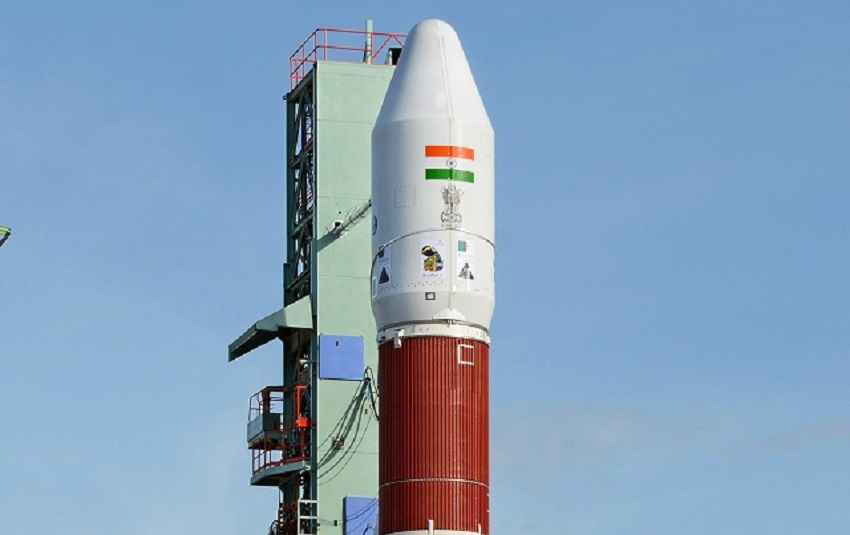
ISRO’s PSLV-C61 Mission Fails Due to Third-Stage Anomaly
On May 18, 2025, the Indian Space Research Organisation (ISRO) launched its 101st mission with the PSLV-C61 rocket, aiming to place the Earth Observation Satellite EOS-09 into orbit. While the initial stages of the flight proceeded nominally, the mission suffered a critical failure during the third stage, resulting in an incomplete deployment.
Third-Stage Anomaly Leads to Mission Failure
The PSLV-C61 rocket lifted off successfully, and its first and second stages functioned as expected. However, during the ignition of the third stage, ISRO engineers observed a drop in chamber pressure. This unexpected behavior prevented the vehicle from achieving its intended trajectory.
ISRO Chairman Dr. S. Somanath confirmed the anomaly: “The third stage experienced a drop in chamber pressure, and the mission could not be completed as planned.” This setback halted the orbital insertion of the payload, marking a rare failure for the otherwise highly reliable PSLV series.
Investigation and Future Steps
ISRO has initiated a detailed investigation to determine the precise cause of the failure. Engineers are analyzing telemetry and performance data from the mission to isolate the root of the pressure anomaly in the solid-propellant third stage.
The failure review committee will present its findings in the coming weeks. ISRO has assured that corrective actions will be taken before the next PSLV mission, reinforcing the space agency’s emphasis on safety, accuracy, and mission assurance.
Despite the failure, ISRO officials expressed confidence in the robustness of the PSLV platform and reiterated their commitment to learn from this experience to enhance future missions.
About EOS-09 and ISRO’s Resilience
The EOS-09 satellite was designed for Earth observation, with applications in land use monitoring, forestry, water resource mapping, and disaster management. It was intended to augment data capabilities alongside earlier Earth observation missions such as EOS-01 and EOS-04.
Though the failure of PSLV-C61 delays EOS-09’s deployment, ISRO remains one of the most dependable space agencies globally. With a strong track record and an aggressive future launch calendar—including the Gaganyaan human spaceflight program and further commercial missions under NSIL—ISRO is poised to bounce back.
India’s space ambitions remain intact, and setbacks like these are part of the high-risk, high-reward nature of cutting-edge aerospace engineering. The agency is expected to return stronger with enhanced quality checks and system verifications for all upcoming missions.


















